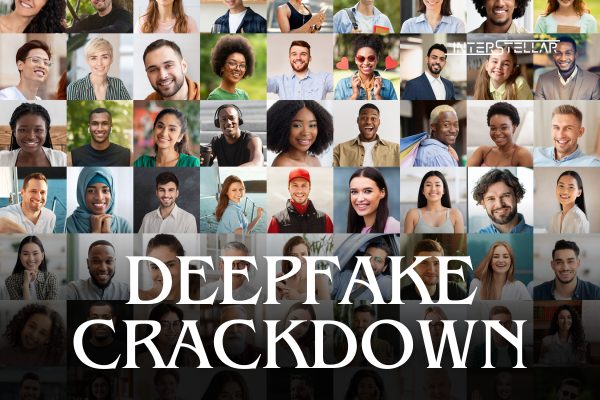South Korea Urges Social Media Platforms to Combat Deepfake Content
Authorities in South Korea have intensified their efforts to curb the spread of sexually explicit deepfake content, urging social media platforms like Telegram to collaborate in removing and blocking such harmful material. The call to action comes amidst growing public and political outrage over the proliferation of these disturbing images and videos.
Government Initiatives to Combat Deepfake Content
In response to alarming reports that sexually explicit deepfake content involving South Korean women is frequently shared in Telegram chatrooms, the Korea Communications Standards Commission (KCSC) announced several measures. These include setting up a 24-hour hotline for victims and doubling the number of personnel monitoring digital sex crimes, increasing the team from 70 to 140.
The Korean National Police Agency also revealed a seven-month campaign focused on cracking down on online sex crimes. Additionally, the KCSC plans to establish a consultative body to improve communication with social media companies for the prompt deletion and blocking of deepfake content. For companies without a physical presence in South Korea, the commission aims to create a face-to-face consultation channel.
Ryu Hee-lim, the chairman of the KCSC, emphasised the gravity of the issue, stating, “Production, possession, and distribution of deepfake sex crime videos are serious crimes that destroy individual dignity and personal rights.”
Social Media Platforms Under Pressure
The KCSC is seeking cooperation from various social media giants, including Telegram, X, Meta’s Facebook and Instagram, and Google’s YouTube. Telegram, which has been heavily criticised in South Korea, stated that it actively moderates harmful content on its platform. According to Telegram, its moderators use a combination of proactive monitoring, AI tools, and user reports to remove millions of pieces of harmful content daily. However, other companies mentioned did not respond to requests for comment.
The scrutiny on Telegram has intensified following the recent arrest of its Russian-born founder, Pavel Durov, as part of a French investigation into child pornography, drug trafficking, and fraud on the platform.
Rising Incidents of Deepfake Sex Crimes
The number of deepfake sex crime cases in South Korea has risen sharply, from 156 in 2021 to 297 cases so far in 2023. Most of the perpetrators are teenagers, while the victims are predominantly female, including school students and female soldiers in South Korea’s military.
This year, more than 6,400 requests for help in removing sexually explicit deepfake content have been made to the KCSC. This figure is close to the nearly 7,200 cases from the previous year.
Telegram has emerged as the preferred platform for those distributing explicit deepfake content. Kim Yeo-jin, head of the Korea Cyber Sexual Violence Response Center, stressed the need for police to take more decisive action. She highlighted that victims are often discouraged from filing reports because the content is on Telegram, which complicates efforts to apprehend the criminals involved.





